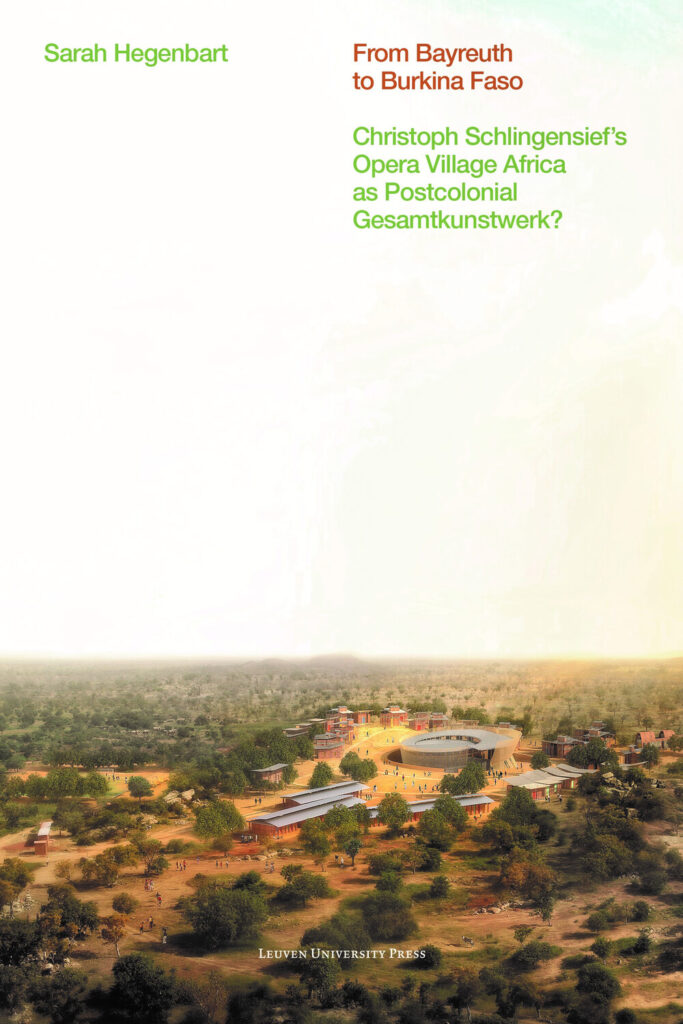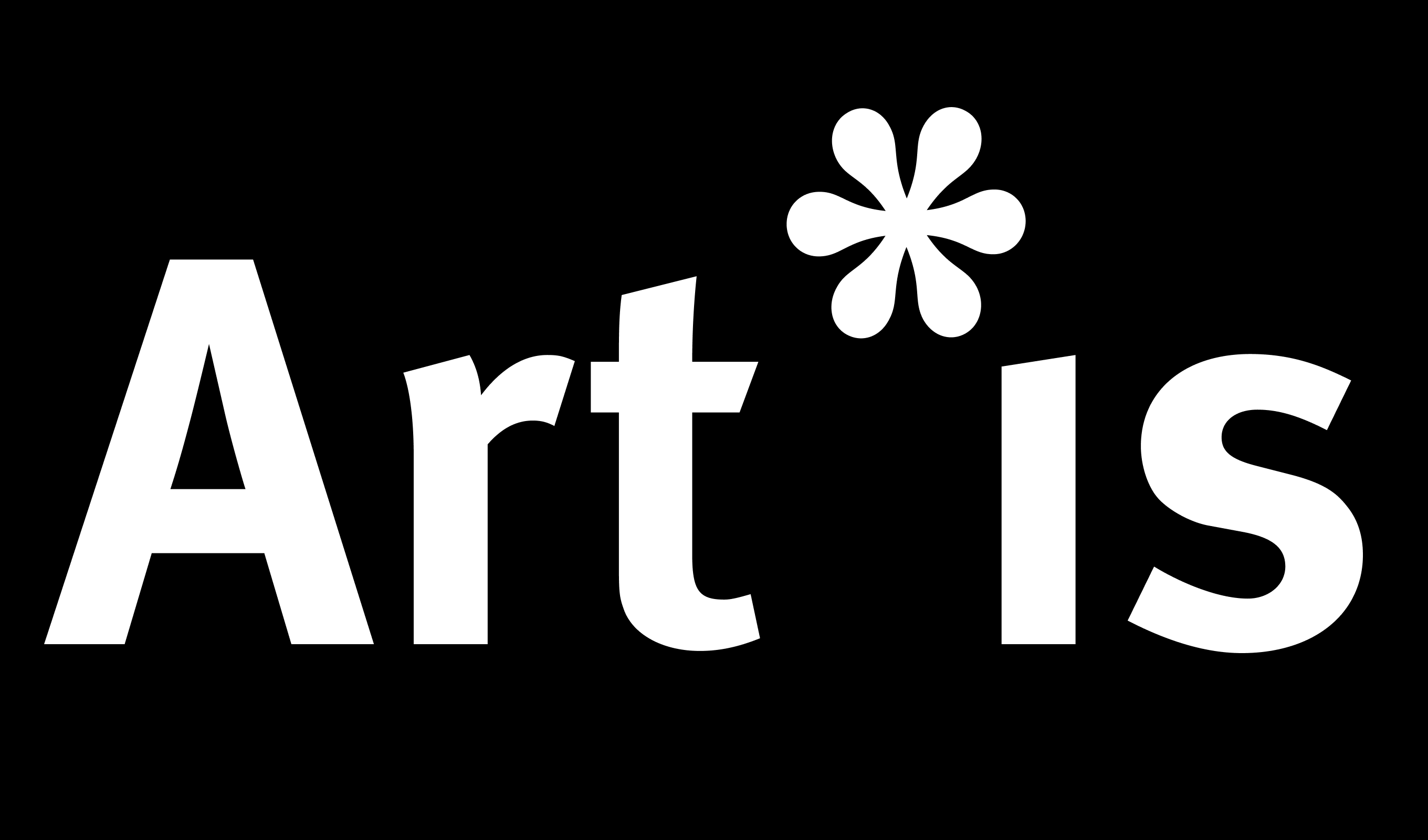written by Sarah Hegenbart
Invitation to the book launch:
Sarah Hegenbart:
From Bayreuth to Burkina Faso
Christoph Schlingensief’s Opera Village Africa as postcolonial Gesamtkunstwerk?
(Leuven: Leuven University Press, 2023)
Public reading and discussion about Christoph Schlingensief’s Opera Village Africa
With the author Sarah Hegenbart and the journalist Fabian Lehmann
10 March 2023 at 7:00 pm
Location: Afrika Haus Berlin – Bochumer Str. 25 – 10555 Berlin (Moabit) – Germany
https://www.afrikahaus-berlin.de/
With the kind support of the Chair of Theory and History of Architecture, Art and Design, at the Technical University of Munich.

Opera Village, a participatory art experiment by the late German multimedia artist Christoph Schlingensief, serves as a testing ground for a critical interrogation of Richard Wagner’s notion of the Gesamtkunstwerk. Sarah Hegenbart traces the path from Wagner’s introduction of the Gesamtkunstwerk in Bayreuth to Schlingensief’s attempt to charge the idea of the total artwork with new meaning by transposing it to the West African country Burkina Faso. Schlingensief developed Opera Village in collaboration with the world-renowned architect Francis Kéré. This final project of Schlingensief is inspired by and illuminates the diverse themes that informed his artistic practice, including coming to terms with the German past, anti-Semitism, critical race theory, and questions of postcolonial (self-)criticism.
From Bayreuth to Burkina Faso introduces the notion of the postcolonial Gesamtkunstwerk to disrupt the Eurocentric perspective on art history, exploring how the socio-political force of a postcolonial Gesamtkunstwerk could affect processes of transcultural identity construction. It reveals how Schlingensief translocated the Wagnerian concept to Burkina Faso to address German colonial history and engage with it from the perspective of multidirectional memory cultures.
